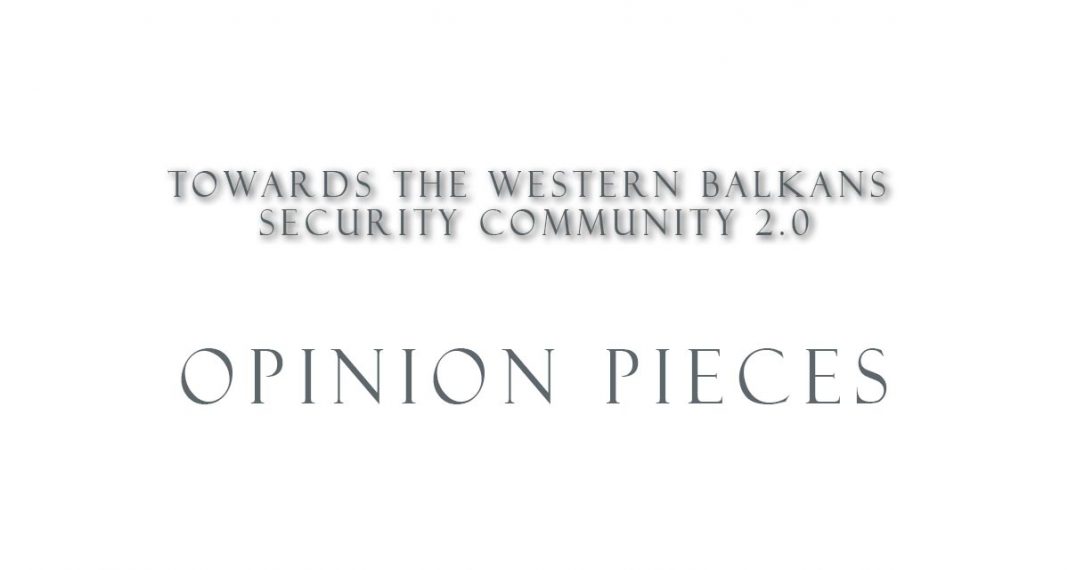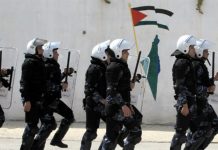Towards the Western Balkans Security Community 2.0
Twenty years ago, when the former Yugoslavia began to suffer its tragic collapse, the entire world regarded the Balkans as the powder keg of Europe. While the West was celebrating the “end of history” and Toto Cotugno’s sugary verses echoed around the continent, the Balkans was sinking deeper and deeper into the darkness of “ancient hatreds” and ethno-nationalist hysteria.
Media images of ethnic cleansing, concentration camps, and demolished cities revived the Balkanisation bogeyman in international political discourse. The bloody break-up of Yugoslavia awoke many in the West from their deluded dreams of a post-cold war Kantian paradise. The violent dissolution of Yugoslavia soon banished all hopes that history had indeed come to an end, while the Balkans became an ugly symbol of unmet expectations.
Twenty years later, while world politics seem much grimmer than back in 1991, regional politics are in much better shape. Current global challenges such as the economic crisis, the nuclear disaster in Japan and Arab upheavals have all dwarfed the remaining impasses of the Western Balkan region. Eleven years after the last regional armed conflict came to an end, the region is now, in the words of Emilian Kavalski, an “embryonic security community”. It is a “security community” because, in contrast to the 1990s, there is now a “stability of expectations of continuing peaceful change”, as defined by Karl Deutsch.
States in the region share a common threat perception, as testified by their respective national security strategies. According to their strategic documents, each Western Balkan state thinks of itself as a key provider of security and stability in the region. All of the states’ security and defence policies are almost completely harmonised and every state aims to become a member of the EU. Most of them already participate in EU missions within the Common Security and Defence Policy (CSDP), albeit quite modestly. In addition to that, all Western Balkan states are in the PfP program and are either members of NATO or seek to become one in the near future (except Serbia, which declared military neutrality in 2007). Western Balkan nationals can also travel freely without visas within the region and to the European Union, with the sole exception of Kosovo.
Western Balkan states also engage in a number of regional co-operation schemes. Many of the schemes deal with “hard security” issues – for example, the South-eastern Europe Defence Ministerial (SEDM), the Multi-national Peace Force for South East Europe (SEEBRIG), RACVIAC or SEEGROUP. Many more multi-lateral co-operative schemes, however, concern soft security issues such as the expert level group on organised crime (SPOC), the Advisory Group (SEEPAG), the South East European Co-operation Initiative, the Public Prosecutors Office (PROSECO), the South East European Police Chief Association (SEPCA) or the Police Co-operation Convention. These regional security co-operation schemes were undoubtedly crucial in transforming the region from a security regime into an embryonic security community.
But the Western Balkans’ security community, built on the Dayton peace agreement, the Ohrid Framework Agreement and the Ahtisaari Plan, is still in the “embryonic phase” for number of reasons. Most importantly, its maturity is inconceivable without an external push from the EU and NATO. Virtually all aforementioned regional security initiatives were pushed, designed and maintained externally by the EU, NATO and the U.S. The fact that most attention was paid to soft security threats is a case in point since it reflects the preferences and interests of the EU and its member states, and not necessarily intra-regional concerns.
In order to move from this embryonic, top-down phase to a more mature, bottom-up and self-sustainable security community, Western Balkan states need to take their mutual relationships to the next level. More precisely, current Security Community 1.0, built on peace agreements and security co-operation, needs to be upgraded to Security Community 2.0 that would be founded on mutual trust, common identity and multi-lateral military integration.
But how can this “upgrade” be achieved? One possible way is to establish by 2020 the Western Balkans Battle Group, earmarked for the CSDP. There are several major arguments in favour of such an approach. First, cultural inter-operability is an extremely important factor of cohesion in any multi-national military unit. Cultural and linguistic similarities that exist in the Western Balkans would facilitate communication within the Battle Group. Second, most Western Balkan militaries grew out of the same Yugoslav People’s Army. They then went on to participate in various similar regional initiatives, they became members of the Partnership for Peace Program and all adopted NATO professional standards.
All this makes them highly inter-operable in terms of equipment, training and military culture. The third advantage of the Western Balkans Battle Group is that such regional military unity would contribute to developing mutual trust between the former warring parties. Just as the Franco-German brigade established in 1987 became a symbol of a united Europe, so the Western Balkans Battle Group could, somewhat ironically, become a symbol of “de-balkanised” south-east Europe. In addition, this involvement would contribute to the integration of the defence industry, the harmonisation of joint programs of modernisation and the procurement of weapons and military equipment. The common Battle Group could also help to accelerate the integration of Western Balkan states into the EU and NATO.
Finally, a Battle Group composed of former enemies and bitter rivals could also be a very strong symbolic contribution to the EU’s role in the world. And especially so in terms of its “transformative power”, i.e., its ability to turn war-torn regions into zones of peace and stability. Nationalists and cynics from across the region would certainly cast off their doubts about the desirability or feasibility of such an idea in a region composed of frozen conflicts and dysfunctional states. And especially so in times when the EU itself is preoccupied with its own monetary survival. But, as Anatol France once put it, “To accomplish great things, we must not only act, not only plan, but also believe.”
This article was first published in Europe’s World, Online edition, on December 9, 2011.




